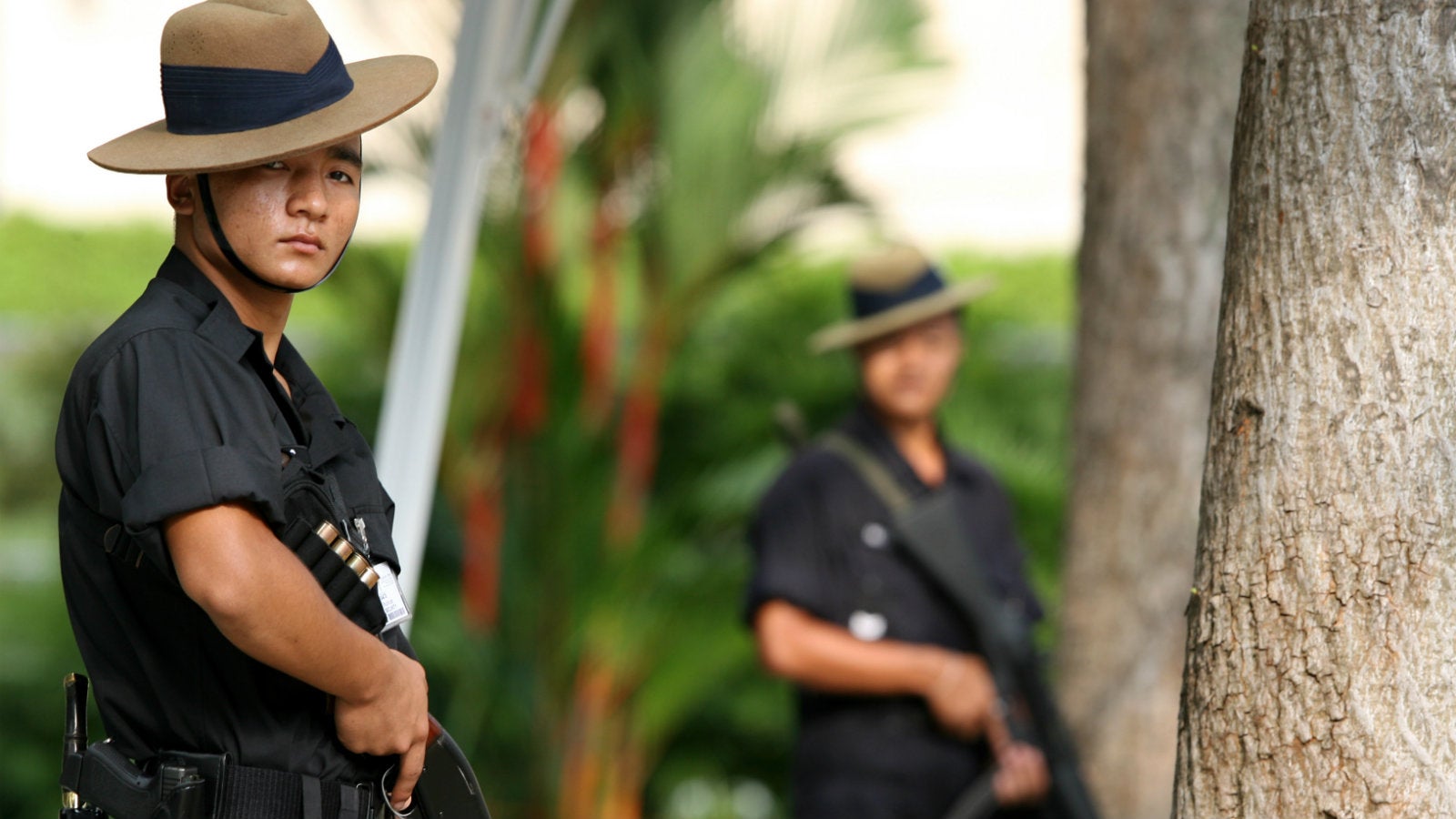Keeping pace will require reimagining Singapore’s adaptive compact between state and enterprise, updated for the AI age
For years, the global race for artificial intelligence has been framed as a contest between Washington and Beijing. The United States commands the frontier models, cloud ecosystems and venture capital that shape global innovation; China, backed by scale, engineers and state coordination, is catching up fast.
But the world’s next frontier for AI power will not be determined by these giants alone. It will depend on how smaller yet adaptive states – such as Singapore – design new compacts between government and enterprise to sustain technological sovereignty and social legitimacy in the age of machine intelligence.
A state-enterprise compact for AI
America’s laissez-faire approach, which long privileged private enterprise and capital markets, created rapid innovation but eroded strategic control. The infrastructure that powers AI – data centers, energy grids and advanced chips – remains fragmented across private interests and vulnerable to supply disruptions.When Washington moved to reassert control through the CHIPS and Science Act, it exposed how much critical capability had already migrated offshore. The resulting scramble for compute power and skilled workers showed that technological leadership, without state coordination, is brittle.
Singapore, whose economy is more exposed to global value chains than America’s, cannot afford a similar vulnerability. The country’s digital economy already contributes close to a fifth of GDP and continues to expand across finance, healthcare and logistics. Yet sustaining that trajectory will require reimagining what Singapore has long done well: An adaptive compact between state and enterprise updated for the AI age.
From protection to partnership
First, cyber-resilience must be a joint effort between the state and enterprises – an essential foundation for Singapore’s AI economy. At the 2025 Singapore International Cyber Week (SICW), the government announced it would share classified cyber-threat intelligence with critical sectors such as energy, telecommunications and finance to “level the playing field between defenders and attackers.”....
....MUCH MORE
The 2000-strong Gurkha contingent of the Singapore Police Force, upfront as shock troops should be enough to scare the Chinese at the first sighting of the hats. The less educated Americans will probably need to see the khukuri knives before they realize what they are up against.
If you tuned in to any of the coverage of the 2018 Trump-Kim summit in Singapore you may have seen, in addition to the U.S. Secret Service and the North Korean security peeps jogging along with Kim's limo, you may have seen these chaps with the stylin' hats:

Those are a couple members of Singapore's Gurkha Contingent. The gent in the foreground is the close-in guy, you can tell, not from the knife at his back, they all have those, but from the shotgun, whereas his partner has an automatic rifle.
Here's a Gurkha story:
Just a Friendly Heads-up: Don't Mess With a Gurkha, They Think 1 on 40 is a Fair Fight
So Singapore winning the AI race? Easy-peasy.